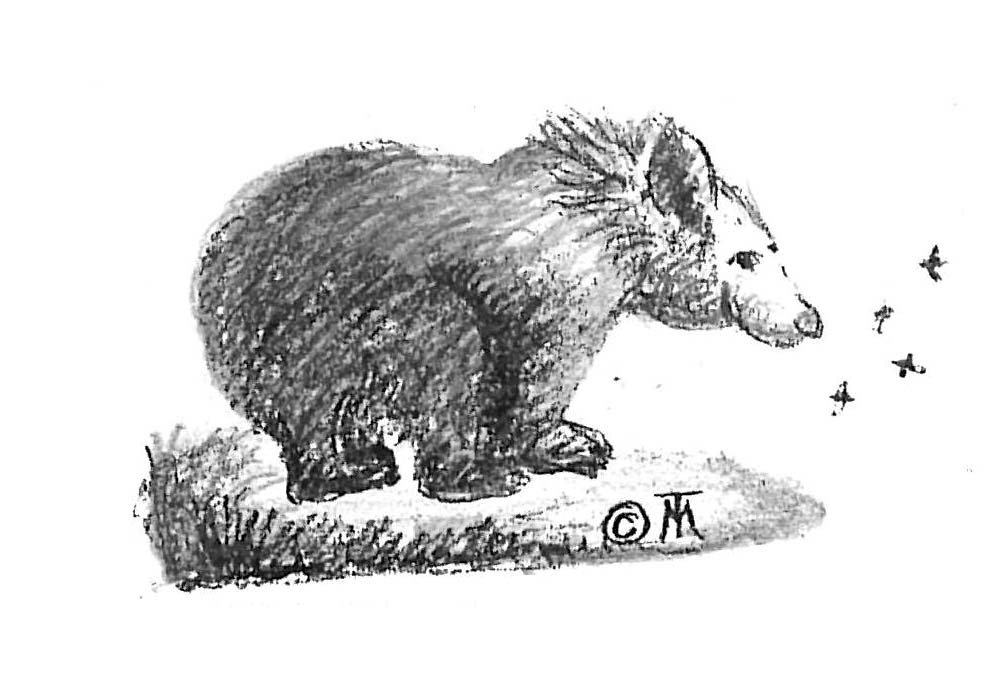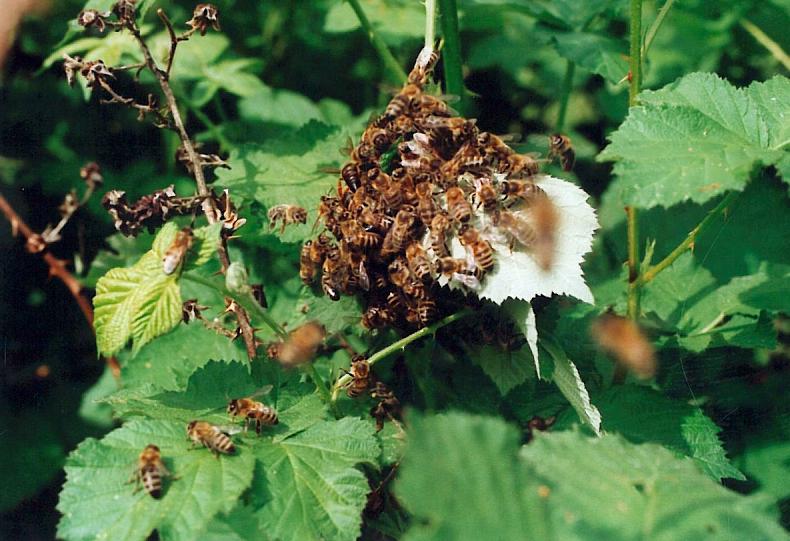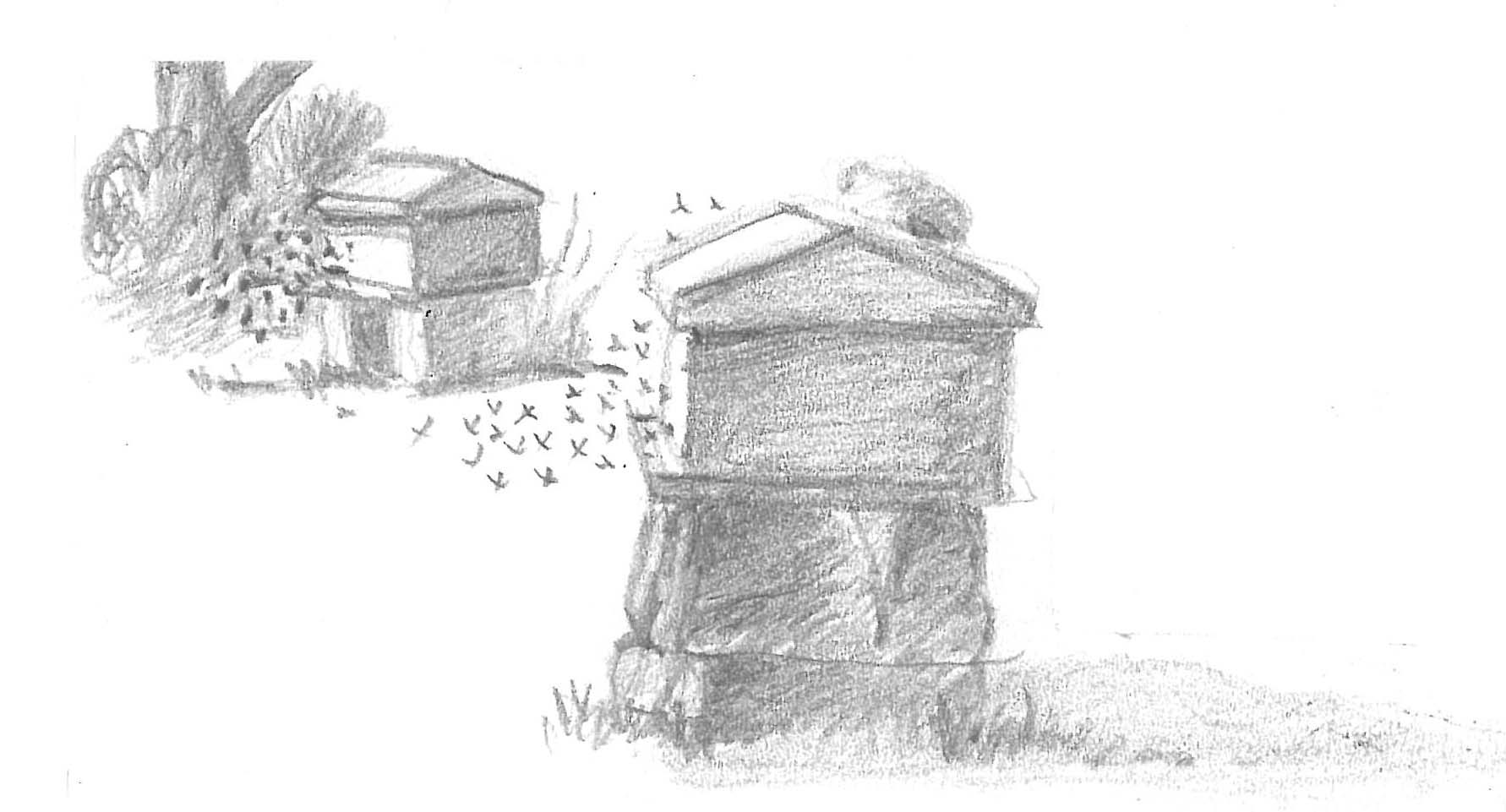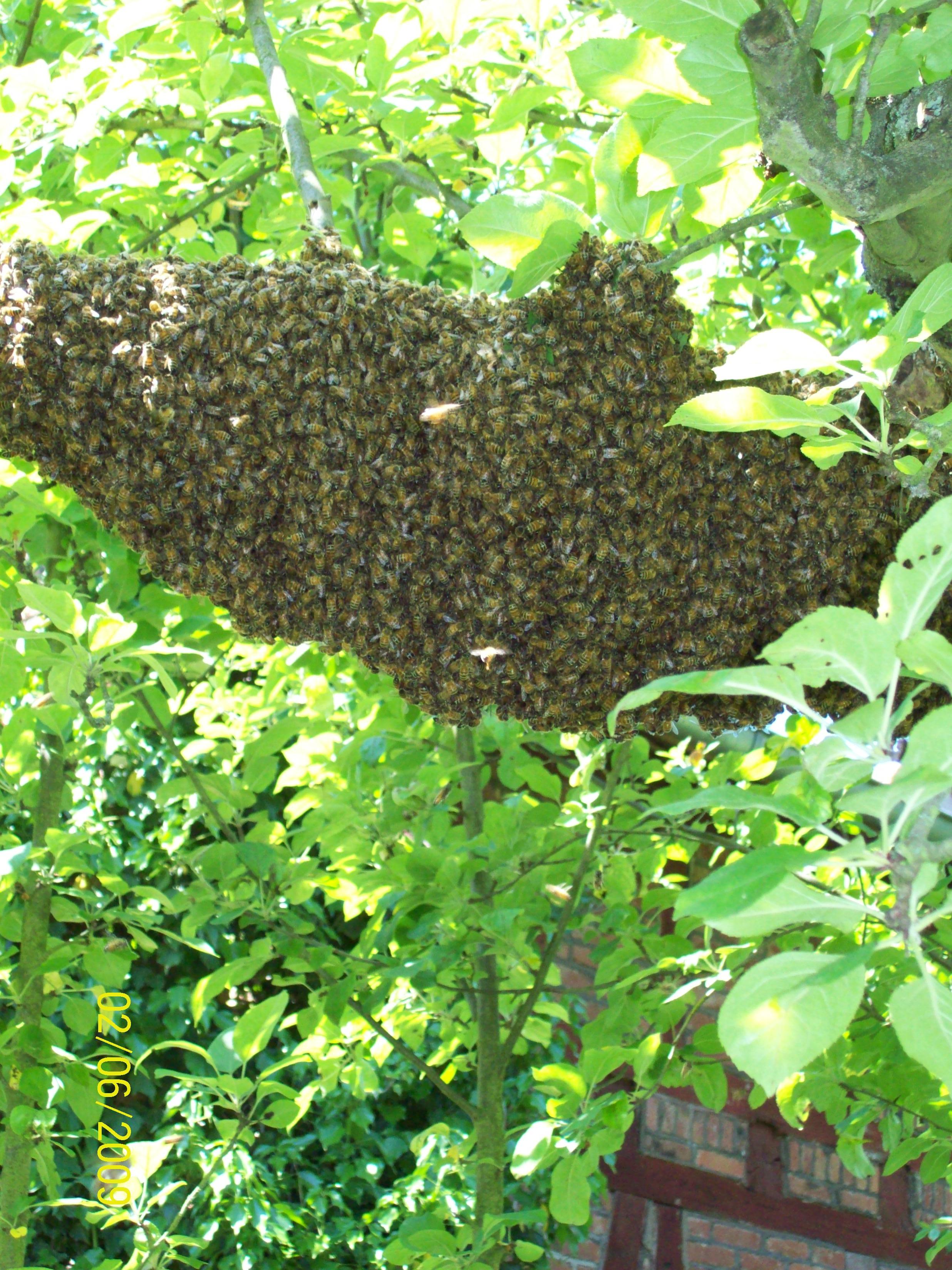



Sign
up for bee-therapy | Beauty-cure
| Anti-aging | Infertility
| Cancer
of the breast | Hashimoto-Thyreoiditis
|
Crohn's disease
Rheumatism
| Juvenile idiopathic
arthritis | Heart
diseases | Arteriosklerosis
| MS |
Diabetes
| Neurodermitis
| Obesity |
Depression
and Psychosis
Allergies
| Alzheimer
/ Parkinson | Diseases
of the kidneys | Pancreas
| how
to improve fitness of the body
Propolis
| Beeswax | Royal
Jelly | Organic Honey |
Comb
in the Comb | Raw Honey
| Organic Beekeeping
Basic Course
Expertise
| Courses | Home
| Research | Save
Beecolonies-Bienenpatenschaft | Certification
| Training Apitherapy
On The Inner Aspect In Art And Nature
I
An interested exhibition by this time
can be seen in the art hall in Baden-Baden/Germany. The topic is „Konstructions
of the inner aspect in Art ", from late nineteenths century until to present.
As a brief summary one could say: „without soul no good honey ", or as
the FAZ titled an article: „without soul no good potatoes" (1).
Let’s enter the exhibition under guidance of Mrs Crüwell: „With
the beautiful soul, wherever she likes reside now, has a certain part of
the body little to do, which promises a simple enamel signpost at the entrance
of the exhibition to get successfully lifted: "Prof. Joseph Beuys, institute
for Cosmetic Surgery, Speciality: Buttocklifting" (2). A socalled „Happening
" by Beuys, understood as ironical therapy offer, as it were as a protest
against the superficial consumer society in the seventies and „Vote for
the mobilisation of the inward psychical forces" (3).
Joseph Beuys had received as known determining impulses of Rudof Steiner
ideas; he wanted „to earth" the thinking again in the unconscious. „The
only thing, what is worth to set up, is the humanly soul" (4) he said one
time, „I mean soul in the comprehensive meaning. I mean not only that emotively,
but also the cognition forces, the ability of the thinking, the intuition,
the inspiration, the consciousness of self, the willpower. That are all
things, which are very damaged in our time. They have to be saved. It has
no meaning, to cultivate without this thoughts better potatoes" (5).
It has no meaning, without this thoughts to lead a company into the
future. One mustn't first mention the case Mr. Esser/ Mannesmann *); each
CEO of a small enterprise can itself place the query, whether he without
this thoughts is able to produce „better potatoes ", or „better honey ".
As it becomes evident in the second part, it is even not sufficient, to
move within minimum requirements of the law.
*) The rights professor and penologist Mr. Schünemann
says regarding the so-called „emergency parachute payment" to Mr. Esser
(former CEO of Mannesmann): the defeat has meant the asset stripping of
the group and the loss of numerously workstations. That raises the question,
if Esser not „has adduced a devastating achievement for the Mannesmann
AG and also for the majority of the shareholder a problematical, only for
his own finances and those in speculative transactions experienced shareholders
(including Hutchison) helpful achievement"(6).
On the inner Aspect in Art and
Nature II
It has no meaning, to cultivate
without this thoughts better potatoes, or to produce better honey. That
shows the now following example from agriculture, or exactly: honey, Bio
honey (organic honey), Bio bee keeper (organic beekeeper) and ecological
bee keeping.
The notions „Biohoney", „organic honey", „organic bee keeping " get
by this mainly associated with „good", „better ", „Exact rules within EU
regarding organic beekeeping (1) ". Thus, may I by this also produce better
honey without the above mentioned thoughts, if I only keep doing what is
legal according EU - organic rule, and post a „Naturland" or „Bioland"
lable at my apiary? Are these rules and standards generally meaningful?
What is being concealed?
for Mr Maresch, an organic beekeeper from Königswinter/Germany,
it is more or less obviously, that „conventional produced honey is amiss"
( 2). According his opinion there maybe many hobby - beekeepers who produce
good honey - but only if they follow the EU organic rule. This rule - it
may be meaningful or not - needs to be fulfilled, writes Mr Maresch and
only in that case you „can be sure that you have find a bee keeper, whose
honey you can buy with a good conscience"( 3).
Briefly, one only may watch Mr Maresch and look in what he is
interested in. What is it? he says: „I’m interested, what my customers
want and the legal situation" ( 4 ). in plain language it means: The only
mark for the consumer to find out whether he met a „good bee keeper, responsible
animalkeeper and food producer "( 5 ) or not, is certification according
the EU organic rule or at least beekeeping accordingly. Simply doing what
is legal in the „organic beekeeping" sector: manipulating the bee
colonies, purchasing artificial inseminated queens, or carrying out instrumental
insemination of the queen bee oneself - even if the methods can not be
called natural and are anything else but specific to species - , in exception
cases also application of chemical - synthetical compounds.
But who wanted to make Mr Maresch therefore any reproaches? he speaks
only clearly and distinct out, what others, like for example some North
Rhine Westphalian agricultural authorities only able to express rather
spongily: My dear consumer, please buy diligent our North Rhine Westphalian
organic honey, then you’ll support ... and so on. ( 6 ).
Beekeepers casted in the same mould as Mr Maresch very easily win the
lable „disparagement of beekeepers" - although it is a rather widespread
attitude in the „organic" beekeeping business: look at any natural food
magazine, they’ll write the same: „Bio helps the bee "( 7 ). Recently one
could still read in EVE, the so-called „modern" natural food magazine in
Germany: „Who buys honey from Bio - firms like Allos, Evers or dedicated
Bio - beekeepers" support organic bee keeping ( 8 ). „Adresses for further
help" can be found: Bioland, Naturland, German Apitherapy Ass.. But even
there we have found out nothing new. Mr Maresch had it already pointed
out clearly.
Isn’t it understandable, if renown scientist by the writings of a Mr
Maresch ( which represent finally only the processed Farmer's Cheese produced
by the responsible agricultural authorities), are saying, that kind of
organic beekeeping might be good for "catching" farmers and beekeepers;
and is it any wonder if they are speaking about „Con (Bauernfängerei)"
or similar?
Does exist a kind of ecological beekeeping, which has nothing to do
with „con"? Who actually knows about ecological, or better, bee keeping
specific to species?* Where can I really find something new?** Self defence
guards as known against self-praise, therefore one will forgive me, if
I name the international certification system for
ecological beekeeping - a system, also recommended by many beekeepers
associations.
To be continued in the next issues of Apiculture.
*) More
information and address source for comb honey with natural
cristalization (not heated) and honey from natural combs (run-honey
- neither extracted nor stirred nor heated before filling), Propolis, Gelee
Royale, beebread as well as pure beewax without residuals:
List
of beeproduce
Centre
for social Medicine and Natural Apitherapy
Centre
for Ecological Apiculture.
**)
see also Apicultural
Review Letters
Full version in: Apikulture
3 (1)2004

